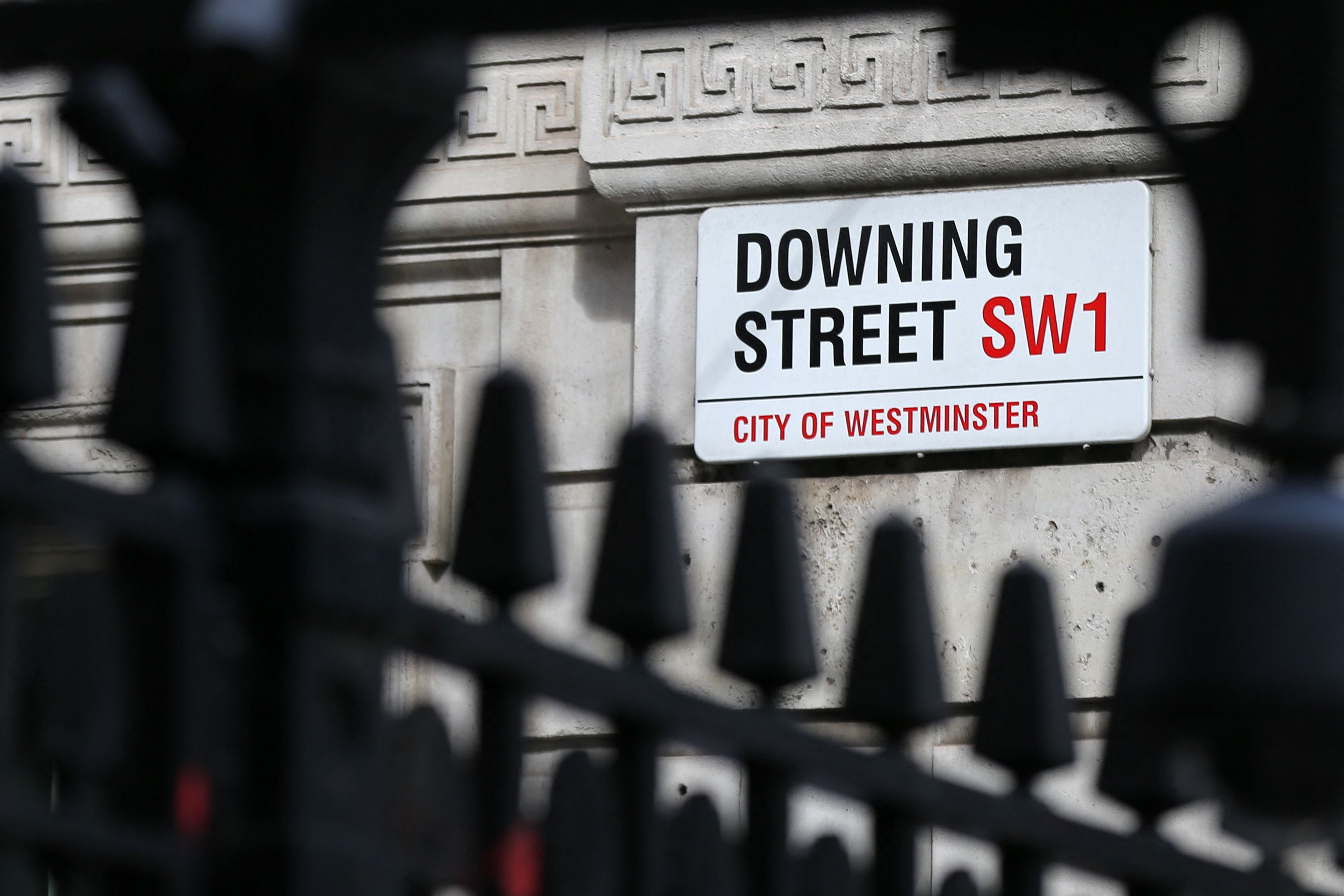This week’s chaos is the result of an ‘anti-expert’ mindset
There is a reason why Kwasi Kwarteng chose to rush out his mini-Budget after just 17 days in the job and snub the Office for Budget Responsibility, writes Andrew Woodcock


The chaos we have seen in the past week on the financial markets is the end result of a mindset that declares that we have “had enough of experts”.
Michael Gove famously deployed the argument during the Brexit referendum to dismiss the warnings of economists that EU withdrawal would result – as it has – in new trade barriers for British exports, queues at the borders and a hit to growth.
It is remarkable to see how this superficially rebellious attitude has since taken hold of a Conservative Party that once prided itself on being sensible and level-headed, of taking measured and well-considered decisions for the long term based on the best advice from the experts who make up Britain’s establishment.
It was Brexit that ushered in the transformation, with Tory supporters preferring Boris Johnson’s vague bluster about “sunlit uplands” and “global Britain” to the dour warnings of any number of experts about how the UK’s future prosperity, influence and security would be put at risk.
It’s there in an immigration policy that imagines desperate people can be deterred from crossing the Channel in small boats by threatening to fly some of them to Rwanda, in the face of expert evidence that such measures do little to damp down their desire to find a place of safety, reunite with family and build a comfortable life.
It was there when Boris Johnson chafed at epidemiologists’ warnings that he should impose lockdowns to bring Covid under control, and Tory backbenchers pooh-poohed the benefits of masks and social distancing
And it was there again during the Tory leadership contest, as Liz Truss railed against “Treasury orthodoxy”, made dark hints about the independence of the Bank of England and brushed aside the arguments of an increasingly aghast Rishi Sunak that her tax plans risked fuelling inflation and hobbling growth.
Most emphatically, the “had enough of experts” mindset could be seen when chancellor Kwasi Kwarteng rushed out his “growth plan” mini-Budget after just 17 days in the job; despite there being no obvious need for hurry as the urgent issue of energy bills had already been dealt with by Truss’s U-turn on a price cap – and refused to allow the Office for Budget Responsibility to do its usual job of running the rule over his decisions and forecasting their likely impact.
It was at that point that the government discovered that there’s a reason why “orthodoxy” is orthodox and why financial markets do actually quite like experts after all. The absence of an OBR report was one of the key factors fuelling jitters about whether the PM and chancellor actually had a plan to balance the books.
Gove, of course, later played down his remark by suggesting it was pollsters who he had in mind when he dismissed the importance of listening to experts. However, he specifically targeted “organisations with acronyms saying that they know what is best and getting it consistently wrong”, and it has to be said that the polling companies – Savanta, YouGov, Opinium – don’t tend to go for three and four-letter monikers, while the pointy-headed economists in the IMF, IFS, OBR or CEBR do.
The former education secretary is a highly intelligent and well-educated man. But with his remark he gave life to a tendency that has always been a part of British conservatism and now seems to be swallowing it whole – the voice of the saloon-bar bore.
This is the person who blames all the UK’s problems on “interfering unelected bureaucrats in Brussels”, who looks out of the window at the dreary English drizzle and says “so much for global warming”, who contemplates the comfortable lifestyle inherited from wealthy parents and says “I got here through hard work not handouts”.
It’s a tendency well-represented among the 172,437people entitled to vote in this summer’s Conservative Party election to choose our new prime minister. And – thanks to Truss’s decision to pander to that constituency – it looks set to be a dominant force determining the direction of the country for the coming years.
Yours,
Political editor
Andrew Woodcock






Join our commenting forum
Join thought-provoking conversations, follow other Independent readers and see their replies
Comments